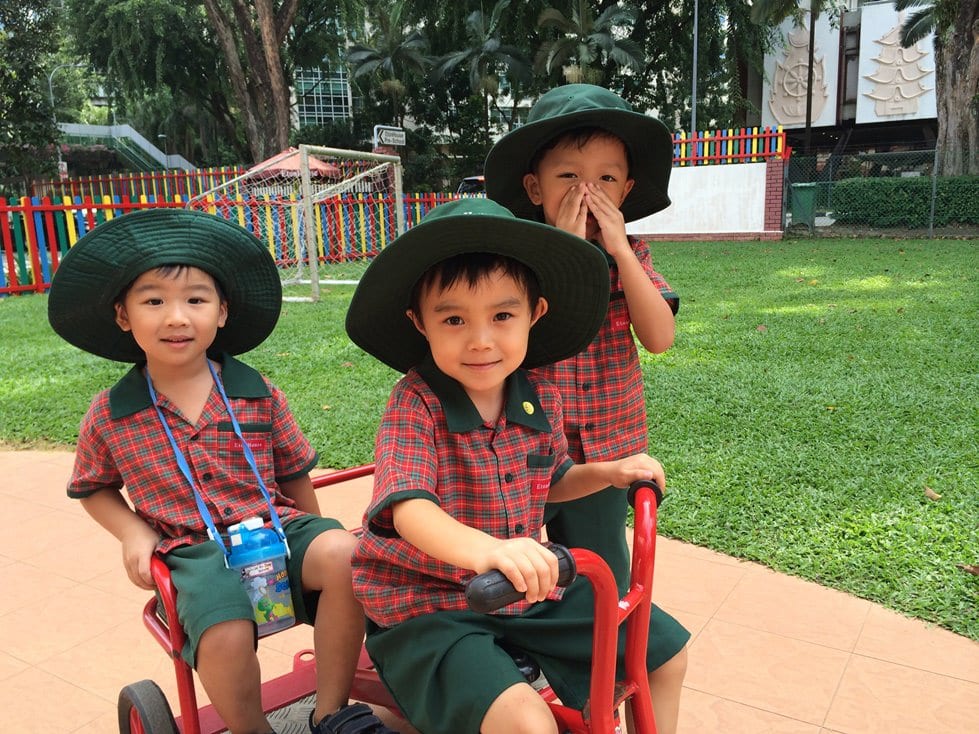Nursery 2 to Kindergarten 2
International Baccalaureate World Curriculum ![]()
EtonHouse Newton is an authorised International Baccalaureate World Pre-School
The missions of both the IBO and EtonHouse focus on recognising respect for all learners, their potential, similarities, and differences, as well as developing life long, global learners.
At EtonHouse Newton, we offer an inquiry-based curriculum promoting self-esteem, cultural awareness, and academic success. Through Units of Inquiry, we encourage our children to become critical thinkers, life-long learners, and active and responsible members of our community.
We provide stimulating learning experiences focused on individuals and encourages each and every child to reach their full potential – academically, socially, and physically. As a part of our inquiry-based learning approach, we encourage our students to be motivated, co-operative and reflective. Emphasis is placed strongly on first-hand practical experiences that engage our young children’s imagination and curiosity.
The International Baccalaureate Organization (IBO) aims to develop inquiring, knowledgeable, and caring young people who help to create a better and more peaceful world through intercultural understanding and respect. To this end, the IBO works with schools, governments, and international organizations to develop challenging programmes of international education and rigorous assessment. These programmes encourage students across the world to become active, compassionate and lifelong learners.
For further information on the International Baccalaureate Organisation please visit their website on: https://www.ibo.org/
International Baccalaureate Learner Profile
To support inquiry learning EtonHouse Newton students develop the following IB Learner Profile Characteristics.
- Inquirers – They develop their natural curiosity. They acquire the skills necessary to conduct inquiry and research and show independence in learning. They actively enjoy learning and this love of learning will be sustained throughout their lives.
- Knowledgeable – They explore concepts, ideas, and issues that have local and global significance. In so doing, they acquire in‐depth knowledge and develop understanding across a broad and balanced range of disciplines.
- Thinkers – They exercise initiative in applying thinking skills critically and creatively to recognize and approach complex problems, and make reasoned, ethical decisions.
- Communicators – They understand and express ideas and information confidently and creatively in more than one language and in a variety of modes of communication. They work effectively and willingly in collaboration with others.
- Principled – They act with integrity and honesty, with a strong sense of fairness, justice, and respect for the dignity of the individual, groups, and communities. They take responsibility for their own actions and the consequences that accompany them.
- Open‐minded – They understand and appreciate their own cultures and personal histories, and are open to the perspectives, values, and traditions of the other individuals and communities. They are accustomed to seeking and evaluating a range of points of view and are willing to grow from the experience.
- Caring – They show empathy, compassion, and respect toward the needs and feelings of others. They have a personal commitment to service and act to make a positive difference to the lives of others and to the environment.
- Risk‐takers – They approach unfamiliar situations and uncertainty with courage and forethought, and have the independence of spirit to explore new roles, ideas, and strategies. They are brave and articulate in defending their beliefs.
- Balanced – They understand the importance of intellectual, physical, and emotional balance to achieve personal well being for themselves and others.
- Reflective – They give thoughtful consideration to their own learning and experience. They are able to assess and understand their strengths and limitations in order to support their learning and personal development.
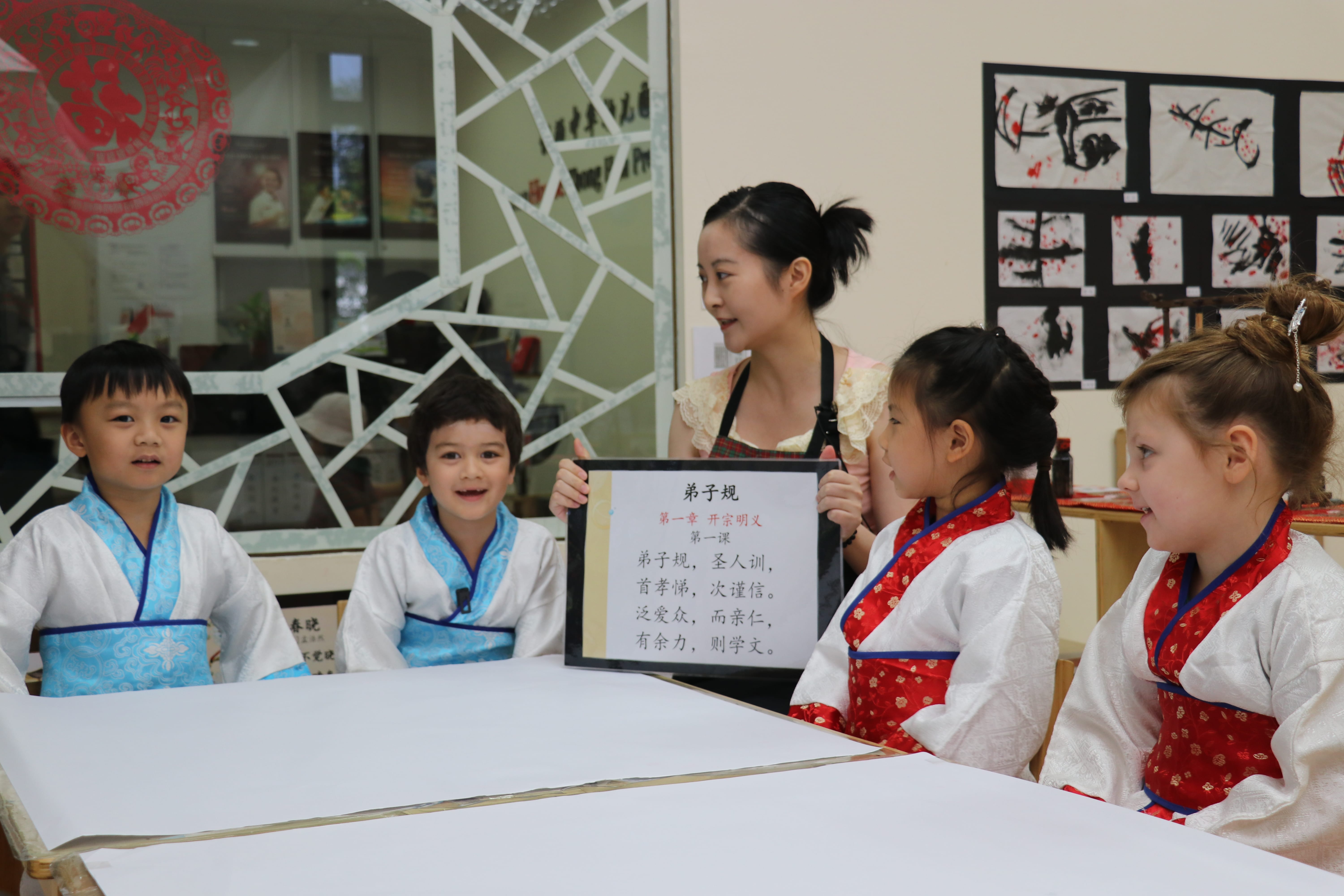
Children from N2 to K2 may be enrolled in a variety of optional After School Programmes. Information will be sent home at the beginning of each term for parents to enroll their child in these programmes. These programmes are provided by independent organizations and are additionally paid for by parents.
Celebrating the gift of language
We are a learning community where multiple languages and cultural heritages are validated and respected, and friendships bridge class and language barriers. And that’s what we strive to achieve at EtonHouse by celebrating our students’ diversity through the many languages we offer. In doing so, we promote a positive school culture of acceptance that will give your child an edge in an increasingly globalised world.
EtonHouse Newton is proud to share that we produce bilingual students, offering Mandarin and Japanese as part of our Mainstream Programme. In addition, students with competence and a strong interest in Mandarin can opt for the ZhongHua Mandarin Immersion Programme with a 50:50 bilingual immersion starting from Nursery 2.
Pre-Nursery to Kindergarten 2, daily for 30 – 45 minutes
Our Japanese language lessons are designed to allow our Japanese students to acquire the language skills they need and have fun in the process. That’s why our classes are student-led rather than teacher-led and uses the inquiry technique. Conducted by teachers with international experience, our lessons provide your child with a global perspective of the Japanese language. And with intensive face-to-face contact hours and many opportunities to practise, we give your child the confidence to communicate in Japanese.
Besides learning important skills such as report writing and creative writing, your child will also enjoy craftwork while learning about Japanese seasonal events and customs. In addition, they will also participate in cultural performances, through which they will gain the confidence to present, perform and speak in Japanese.
We also offer Japanese Fun Club as an ECA for our K1 students who are taking another second language other than Japanese.
Glimpses
Parent Testimonial
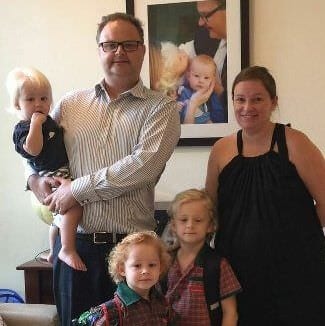

Nathan and Julia, Parents of Lachlan, Arlo and Isaac, Newton
We have been delighted with EtonHouse Newton Pre-School, the inquiry-based curriculum, the caring teachers and the half-day Mandarin programme that have been positive influences on our son. It was important to me as a parent that pre-school should be a place where a child can be confident to explore and inquire at leisure so that a love for learning can develop naturally. Read more here
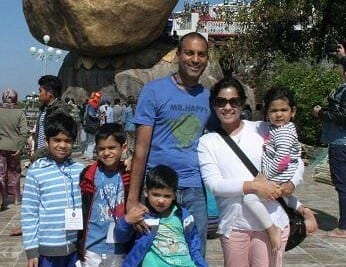





Neil and Tulika Narale, Parents of Saanjh and Saaya, Newton
As parents, we love that our children love waking up and going to school to see their teachers and friends. Along with the love and nurturing that the teachers and staff provide, EtonHouse has encouraged their curiosity for life and learning, imagination, self-esteem, social and physical abilities. Read more here
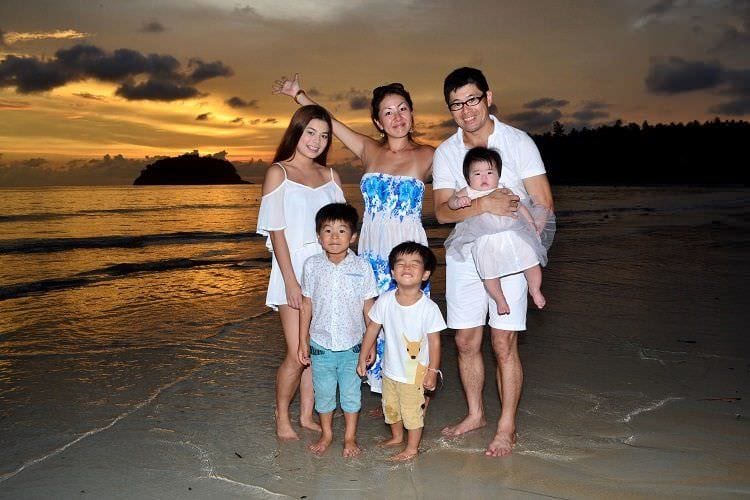





Takehiro and Mana, Parents of Senna, Noah and Hanna, Newton
We picked EtonHouse Newton as it was one of a few international pre-schools that offered Japanese class daily. Besides the high quality of education, we like the diversity of students and stability of teachers and staff there. Keep up the great work there. Read more here

